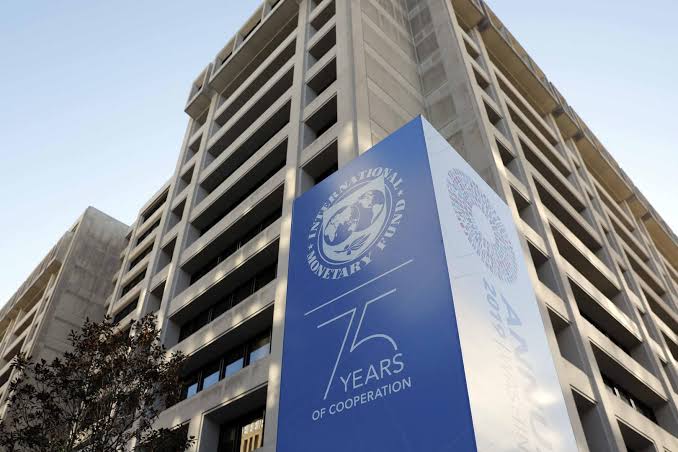Business
IMF lists four risks of bitcoin to economies of countries

The International Monetary Fund (IMF) has listed four potential risks of bitcoin to a country’s economy, as the global financial body says it doesn’t recommend legalising crypto for legal tender.
IMF has been critical of the crypto asset, warning against replacing central bank-backed fiat currency with digital currencies that are not government-controlled.
In an email received on Wednesday, IMF explained the risks of using Bitcoin as legal tender, with El Salvador as focus of the discussion, “as noted by our Executive Board, there are large risks associated with using Bitcoin as legal tender, especially given the high volatility of its price. We don’t recommend it. In the short-term, the costs and risks largely outweigh the benefits.”
What are the risks of bitcoin?
Financial instability: According to the global financing house, bitcoin as a legal tender could cause financial instability, as it will expose banks and other financial institutions to massive fluctuations in crypto-asset prices.
“Banks will need to introduce new prudential rules, such as capital and liquidity requirements to fully hedge Bitcoin exposures or ban deposits in Bitcoins.” in order to ensure financial stability, IMF stated.
Illicit money: It was gathered that the crypto asset could affect financial integrity, as it opens the door to illicit money, terrorism financing, and tax evasion, because of the anonymity they provide, a sentiment shared by the governor of Central Bank of Nigeria (CBN), Godwin Emefiele.
Using Chivo, the digital wallets payment system of El Salvador – the only country to have legalised bitcoin as legal tender – as an example, IMF stated that identifying users will not stop theft or cybercriminals from jeopardizing the stability of the system.
This, IMF explained, could affect “relationships with foreign countries and correspondent banks. Because anti-money laundering and combating the financing of terrorism requirements are not uniformly implemented, a lot is left to the discretion of Bitcoin-service providers.
“International standards for virtual assets providers are needed. For these reasons, we recommend more intense and uniform regulation for all entities.”
Lose of household/business wealth: The statement explained that households and businesses could lose wealth due to large swings in value, cybercrime and theft if they hold bitcoin balances and save in bitcoin.
This could worsen the situation of a country like Nigeria, which is ranked as the poverty capital of the world. Note that Nigeria has banned cryptocurrency from its financial system, and launched its Central Bank Digital Currency (CBDC), eNaira.
READ ALSO: eNaira better than bitcoin, ethereum, others, IMF tells Nigerians
For a country like El Salvador with plans to use bitcoin as a legal tender, IMF advised these recommendations, “(i) strengthening legal requirements for e-wallets, particularly Chivo, to fully safeguard users’ funds (in both Bitcoins and US dollars);
“(ii) setting legal limits on Bitcoin transactions and holdings; and (iii) boosting the consumer protection framework with stricter transparency requirements, higher institutional involvement, and clearer disclosure of Bitcoin use and the risks it carries due to price volatility.” IMF wrote in the email.
Public funds at risk: A country must keep in mind, contingent fiscal liabilities, if it has an intention to adopt bitcoin or any cryptocurrency, due to the role of public funds in setting up bitcoin as legal tender.
According to IMF, this is because, “If the price of Bitcoin was to plummet, the resources in the trust could be rapidly depleted.
“For the government to continue guaranteeing the convertibility between the Bitcoin and the US dollar (or Naira, if Nigeria ever adopts crypto), it would need to fund the trust through additional resources or the issuance of debt.” IMF said.
Join the conversation
Support Ripples Nigeria, hold up solutions journalism
Balanced, fearless journalism driven by data comes at huge financial costs.
As a media platform, we hold leadership accountable and will not trade the right to press freedom and free speech for a piece of cake.
If you like what we do, and are ready to uphold solutions journalism, kindly donate to the Ripples Nigeria cause.
Your support would help to ensure that citizens and institutions continue to have free access to credible and reliable information for societal development.
























